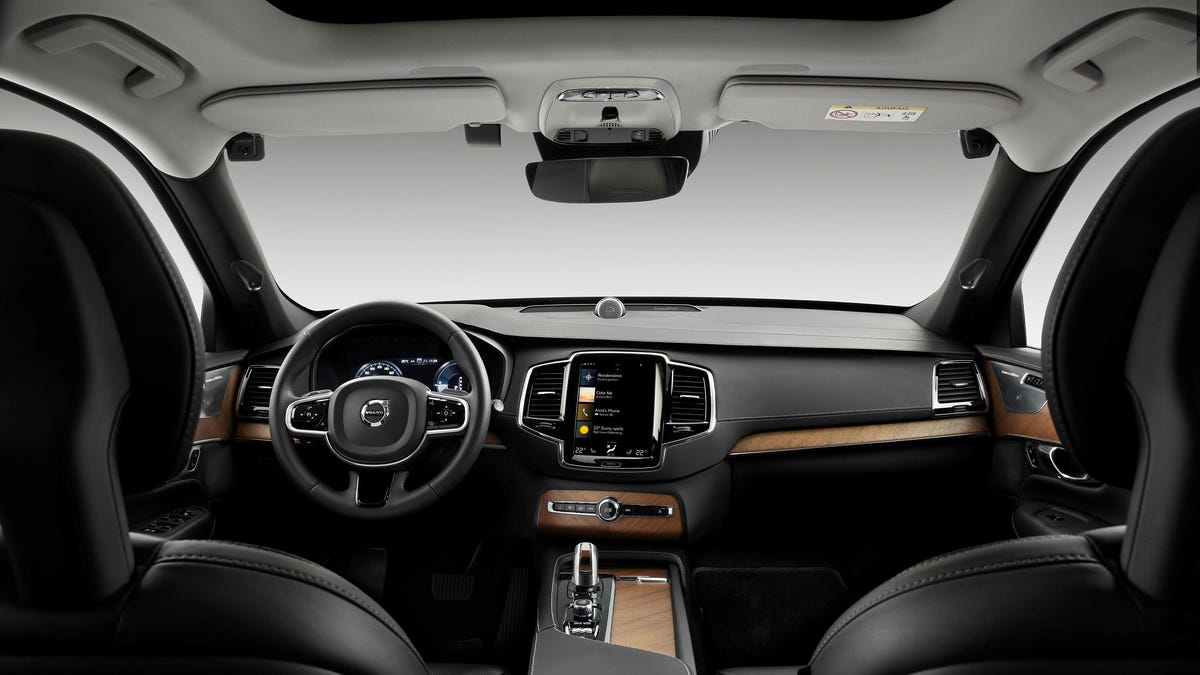Volvo sympathizes with 'Big Brother' concerns in major safety push, report says
A new interview with Volvo's R&D chief sheds some light on the automaker's safety overhaul.
For every person who got excited about Volvo's decision to boost occupant safety through speed limiters and in-car cameras, there was probably at least one other person who took it as an affront to their freedoms. According to a new interview, it's clear that Volvo understands every side of the discussion.
"I would say [feedback] is 80% positive or neutral and 20[%] negative," said Henrik Green, head of Volvo's R&D, in a new interview with Automotive News Europe. The move to include safety tech that actively limits things in certain situations is part of Volvo's Vision 2020 goal, which is an effort to ensure that nobody is seriously injured or killed in a new Volvo in the next decade.
When asked if the negative comments had valid points, Green said Volvo does "sympathize" with the plan's detractors and that it's "a relevant discussion." Yet, Green also brings up the point that Volvo has been no stranger to safety-based criticisms, even when introducing something as seemingly straightforward as the three-point seatbelt.
Volvo has two major additions that will enter new cars over the next few years. All Volvos starting in the 2021 model year will be electronically limited to 112 miles per hour. Green told ANE that it was a tricky balance to strike, but he believed it represented a good mix of improving occupant safety while still allowing for edge cases, such as an emergency that may require on-road haste. "It's still very fast," Green noted in the interview.
The second system might be even more controversial. Starting in the early 2020s, Volvo will introduce in-car cameras that monitor the driver with the intention of preventing distracted or intoxicated driving. If the cameras spot dangerous behavior from the driver by monitoring eye movements, the car might limit its speed, call Volvo on Call service for the driver or even bring the car to a stop on the side of the road. The automaker promises that data collected by the cameras will never leave the car. Green didn't speak to the in-car camera system, but you can read the full interview over at ANE's site.


